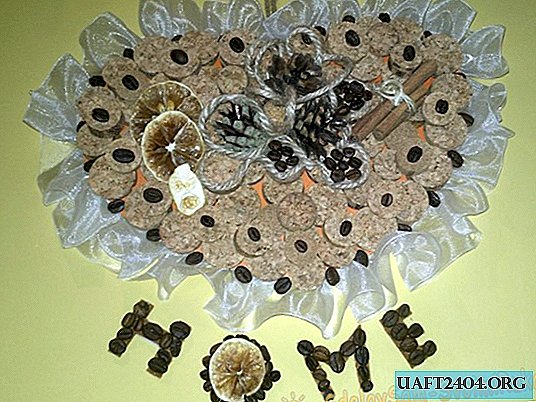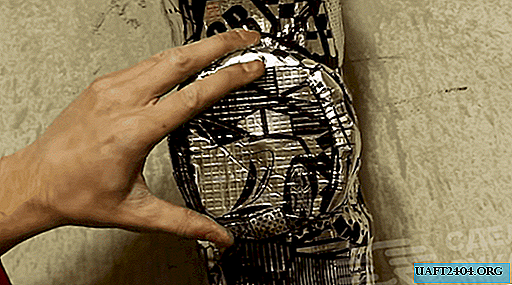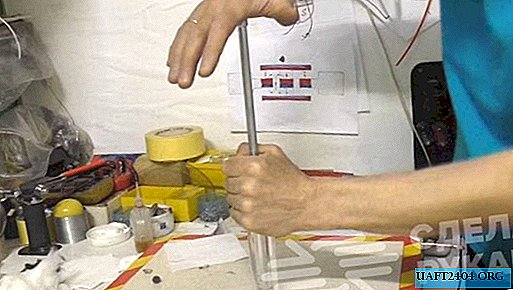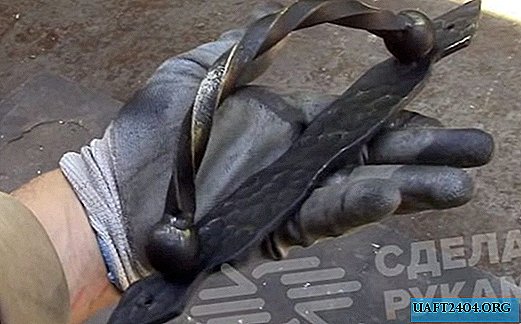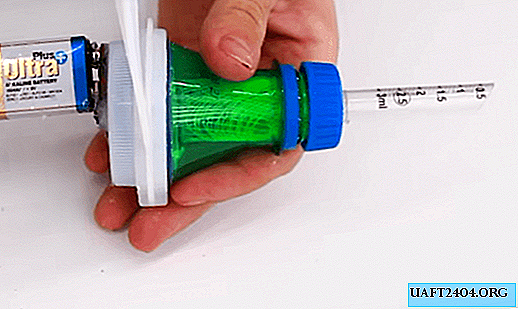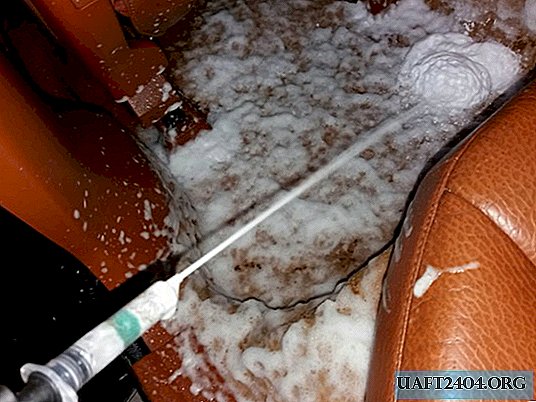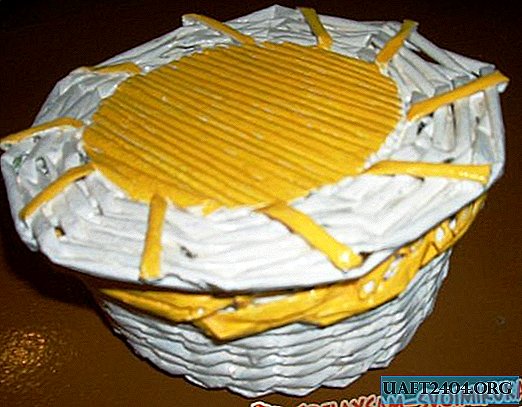Share
Pin
Tweet
Send
Share
Send
Where to begin? Do-it-yourself painting on kitchen facades is not so difficult. It is enough to have minimal drawing skills. You can familiarize yourself with the stages of the mural on the example of this kitchen.
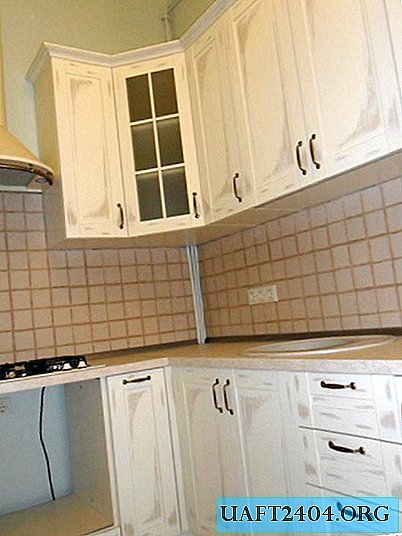
First of all, you need to decide on the plot of the picture and its color scheme. Tender small bouquets of field plants and herbs are typical for Provence-style paintings. And one of the most popular stories is a composition of lavender twigs. It was this motif that was used to paint the facades of this kitchen. To determine the color scheme, a coloring is made on a piece of paper using colored pencils. It gives a visual representation of how selected colors are in harmony with each other.

The next step is to create a sketch. When arranging the bouquet, one should take into account both the proportions of the kitchen facades and the dimensions of the room itself. In small kitchens, graceful compositions consisting of several stalks of flowers and field herbs will most harmoniously look. If the kitchen facades are of different widths, then for larger doors, the main bouquet should be increased by adding a few more flowers to it.

The choice of materials. Most artists prefer to use acrylic paints for furniture. They lie well on the base, dry quickly, do not fade in the sun. The disadvantage of this material is not too high resistance to mechanical damage. Therefore, the finished painting will have to be coated with a protective varnish. Drawing with oil paints is not necessary to varnish. You can speed up work with oil paints using a thinner with desiccant (a special substance that reduces the drying time of the paint).
Regardless of the type of paint chosen, you will need:
• a simple pencil (hardness B) for drawing a contour of the drawing on the facade
• several soft brushes of different thicknesses
• palette for mixing paints
• diluent oiler

Layout and layout. To better visualize the arrangement of images on the facades, you need to draw the contours of the bouquets (in full size) on the tracing paper and attach them to the doors using masking tape or double-sided tape with low adhesion.

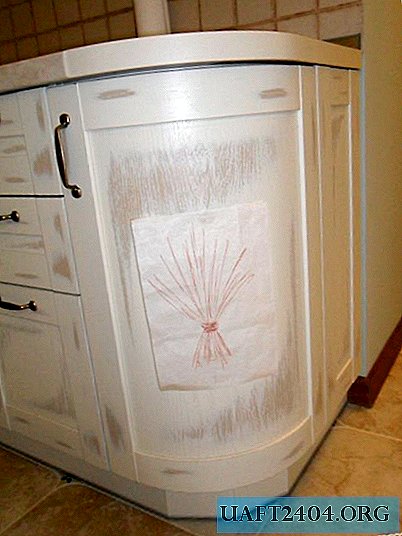
After the locations of the bouquets are determined, the tracing-paper is removed and the marking of the picture is started. If the artist does not have skills in painting facades, then the image should be marked out overall: in the places of placing bouquets (using a tape measure and a pencil), draw rectangles according to the largest dimensions (height and width) of the picture. Then the contour of the future painting fits into the rectangle. No need to strive to withstand the size of each twig or flower to a millimeter. A slight “negligence” of the picture will show that it was done by hand.
Drawing a picture. First, undermining is applied to the pattern - the main colors that will erase the outlines of the image.

After drying, under-painting is prescribed detailing of the picture - additional colors and tones that will give the painting the desired color and volume. Acrylic paints dry very quickly. Subsequent layers can be applied a couple of hours after the execution of the undercoat. The oil will dry a little longer. On a regular thinner - up to 2 days, on a thinner with a drier - about 12 hours. For painting lacquering it is better to use an aerosol matte varnish.

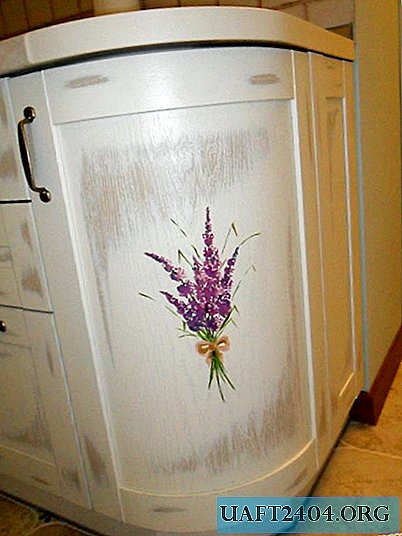

Share
Pin
Tweet
Send
Share
Send

